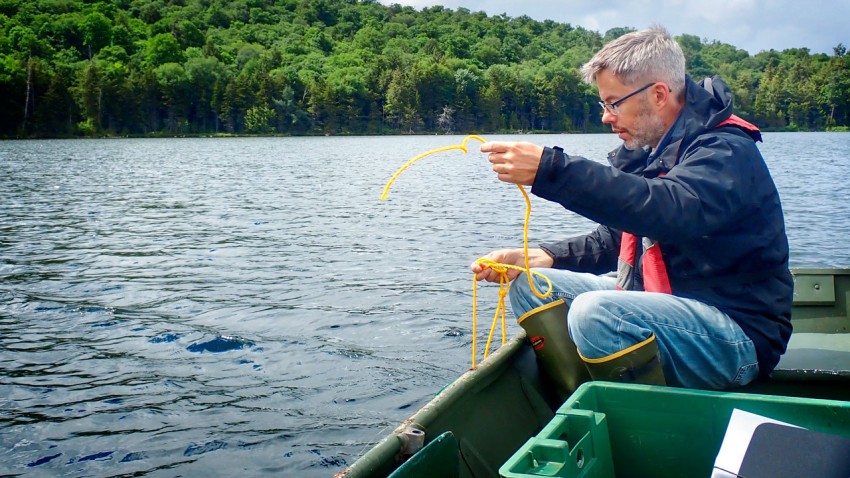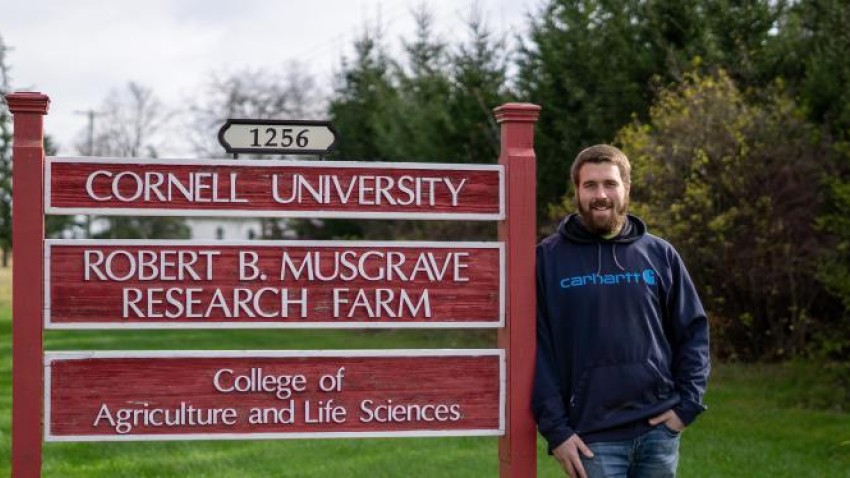News
Julie Heffler and Avilash Singh Yadav are the recipients of the 2023 Fleming Research Fellowships, which support young researchers who are doing cutting-edge work in basic biomedical sciences and are planning careers in biological or medical research.
Surveys tease apart how cat owners’ and veterinarians’ views may each be contributing to overuse of the only long-acting, injectable antimicrobial for use in cats, called cefovecin.
North American song sparrows may be more resilient to climate change thanks to a remarkable adaptation: a stunning range of body sizes found throughout the bird’s westernmost range.
In a paper co-authored by Mario Herrero, professor and director of the Food Systems & Global Change program, the first science-based monitoring of global agriculture and food systems is being used to provide equitable access to healthy diets through sustainable food systems.
Climate warming and lake browning – when dissolved organic matter turns the water tea-brown – are making the bottom of most lakes in the Adirondacks unlivable for cold water species such as trout, salmon and whitefish during the summer.
Cornell faculty led professional training for seed industry experts in Asia during a four-day event in India in December.
A new FAO book highlights agricultural biotechnologies used to serve the needs of smallholders in developing countries and features a case study on Bt eggplant, the first bioengineered food crop approved in South Asia.
Whirligig beetles – the world’s fastest-swimming insect – achieve surprising speeds by employing a strategy shared by fast-swimming marine mammals and water fowl.
Brian Lanphere has been hired as supervisor of Musgrave Research Farm in Aurora, NY.









